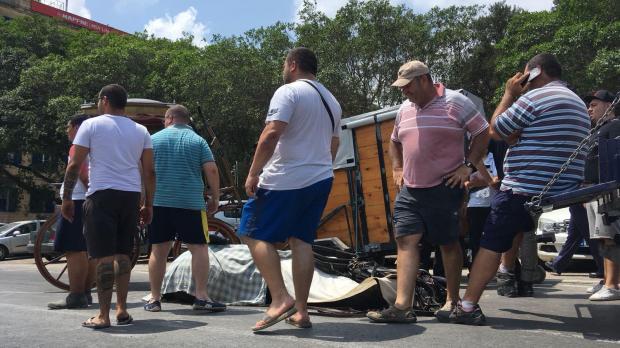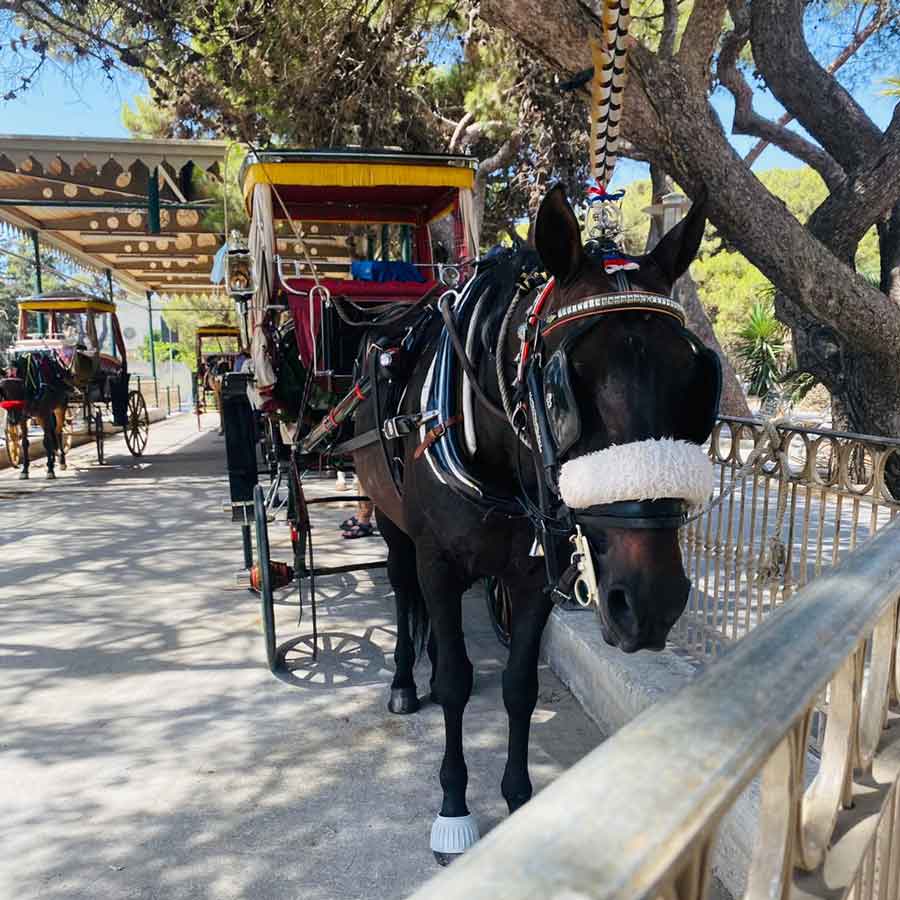The Malta Society for the Prevention of Cruelty to Animals (MSPCA) has recently proposed a solution to reduce the number of horse drawn carriages. This is a practice that is not only cruel but also unnecessary in today’s day and age.
The animal NGO stated that one of the unnoticed effects of the pandemic was the withdrawal of karozzini from our streets. The total absence of tourism resulted in a complete stop to this business. Even with the re-opening of tourism these past few weeks, we are not seeing the same number of karozzini on the streets as before. They understand that tourism is not projected to get back to normal in the short term, leaving cabby drivers struggling to earn enough income to cover the necessary expenses to properly support all horses. COVID-19 allowance certainly are not enough to maintain the livelihood of the drivers and their families and the wellbeing of the horses.
Currently there are 111 horse-driven carriages registered with Transport Malta. Clearly this is a high number for a small island. Additionally MSPCA states that they are concerned about what the future looks like for these horses if cabby drivers don’t have enough work to maintain them.
Let us not forget that Malta has a history of karozzini horses dying in the streets. This is what had forced the government to issue the current small piece of legal notice that does not permit karozzini to operate during July and August from 1pm to 4pm.

Fiscal measure for cabby drivers
Althea Galea, MSPCA Animal Rights Manager said that “MSPCA is proposing that the government introduces a financial measure providing half the cabby drivers with the opportunity to a “golden handshake” to relinquish their licence and start a new trade or business.” This would mean that after the measure there would remain only 55 (or less) licenced cabby drivers.
Cabby drivers that relinquish their licence should also be given the opportunity to give back their horse or horses to Animal Welfare that should have a horse sanctuary for them. These horses should not be killed.
Israel was the first country to ban horse-drawn vehicles, followed by a lot of cities in America. Ideally, we should follow this example too. Unfortunately, we believe that if horse-carriage were banned, most horses would end up homeless or worse put to sleep. In order to safeguard the horses, the Animal Welfare should invest in the setting up and running a horse sanctuary to host and take care of these horses with immediate effect.


